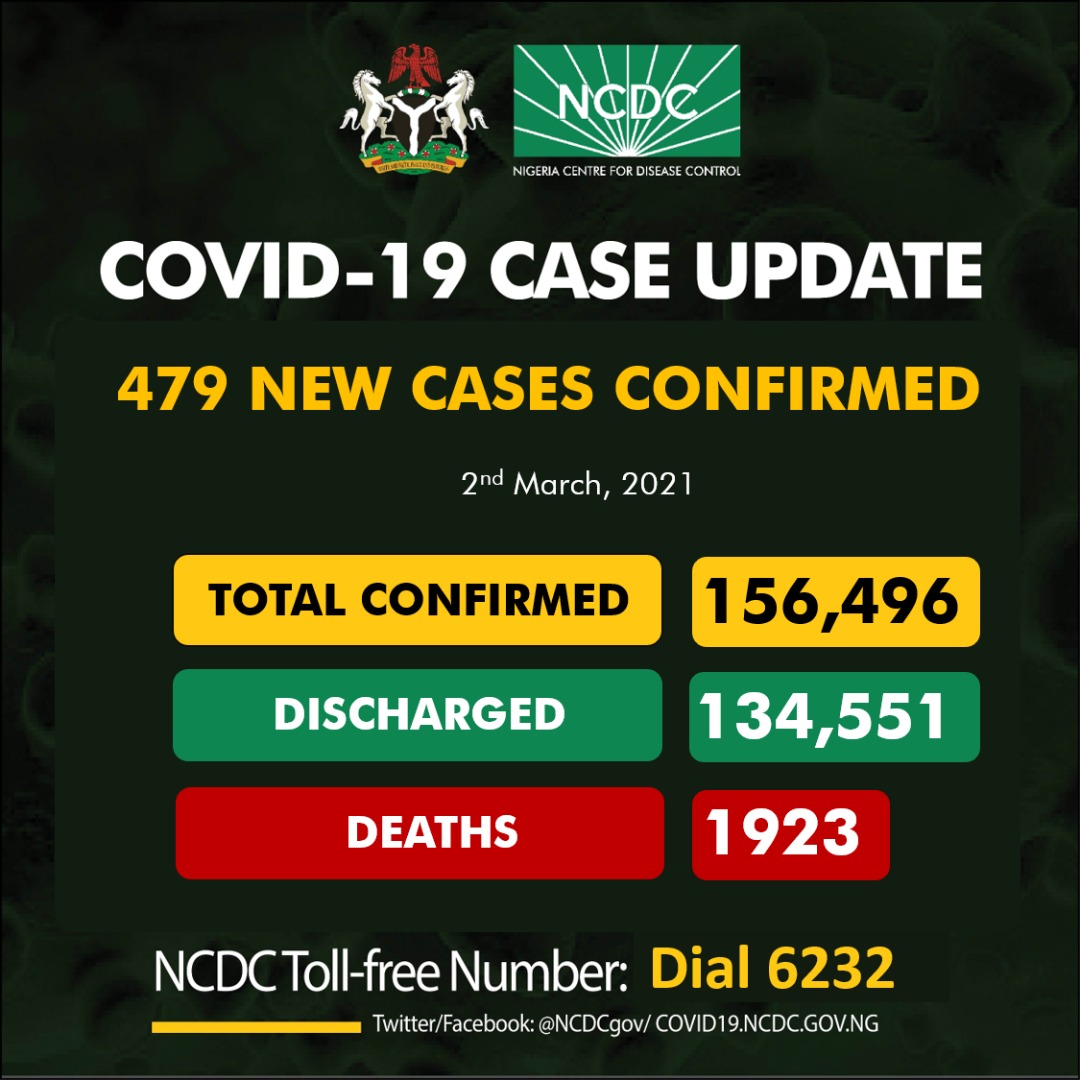By Iyema Idoko
Although the Nigerian government had strengthened the surveillance at the airport since January 2020, the country recorded its COVID-19 index case that was imported from Italy, on February 27.
This raised concerns about the effectiveness of airport surveillance and, by extension, the country’s general preparedness.
After 12 months of national sacrifice, Nigerians need a moment of silence. To serve as a call to peace and unity to see them through to the other side of this pandemic.
The novel Coronavirus outbreak has left an indelible mark on Nigerians of all ages and from all walks of life.
Those we’ve lost come from all backgrounds and include the very people “health care workers” who have been working so diligently and selflessly to stem the tide of the infection and care for the sick. Every life lost during the pandemic is a tragedy, and we should be determining that our healthcare workers are remembered now and in the future.
It is clear that a single day of mourning will not set everything right, but it is remarkable what grieving, and in particular collective grief, can achieve.
One of the biggest challenges of this unsetting time is the isolation we feel as we’re separated from friends and family, all the people for whom we care most deeply. But just being alone is only part of the difficulty.
Our sense of remoteness is intensified by a pall of unease we can’t define: Loss and sorrow are also in the air. We fear losing or we may have already lost people we love. And when we wake up the courage to look beyond our individual personal spheres, we see that many people who have made our world better, in big and small ways, have vanished before we were ready to let them go.
But not even sorrow is one-dimensional. There can always be at least a glimmer of joy in remembering things that people gave us while they were here. In his jubilant and revivifying memoir, I Remember, the artist and writer Joe Brainard tabulated all the little things that can come to shape how we think about life. It’s a book of large truths disguised as small ones: “I remember,” he writes, “those times of not knowing if you feel really happy or really sad. (Wet eyes and a high heart).”
We have no roadmap for this new territory. But we all, at one time or another, have reason to mourn. Maybe we can be better at celebrating life even as we’re saddened by its loss. That’s the goal, to acknowledge the remarkable and joyful lives of some of those we have lost. It’s not comprehensive, nor is it meant to be. These are just some of the people who have been taken from us, even as they have left us much to remember them by. Let’s think of them with wet eyes and a high heart.
A lot has been learnt in the first one year of the response that continues to inform the way strategies and policies are adjusted, in order to mount an effective response against the COVID-19 pandemic. As the government adapts to the COVID-19 pandemic, it is equally important for us to take responsibility by conforming to these new realities in order to contribute to the effectiveness of the response.
Through a joint effort between the leadership and us as citizens, aimed at flattening the curve of this second wave, there is the need to limit the number of serious cases of COVID-19 that would require intensive care treatment in our hospitals. Please share this with friends and family, let’s all do what we can to stay safe during this period. We can get through this, if we #TakeResponsibility, stay at home and reduce the spread of COVID-19. By so doing, we might feel isolated right, but we can come together in different ways. Be creative. Shift your perspective and find ways to contribute your gifts to making our great nation Nigeria a better place for all.




